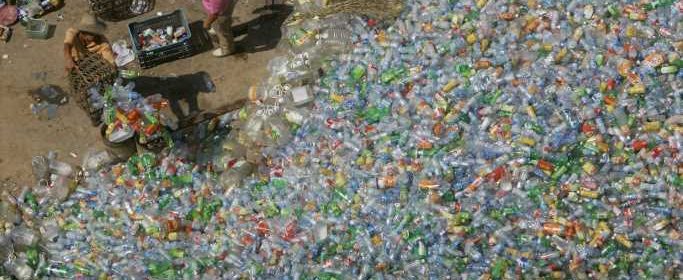50 Banks Enabling the Single-Use Plastic Crisis

As more people awake to the harsh reality that single-use plastic is a major contributor to global pollution, companies that finance its production and distribution are facing increasing pressure to divest from these businesses.
This pressure isn’t coming just from tree-hugging environmentalists. Individual activist investors, university pension funds, and other stake-holders are reviewing their holdings and drawing links between return-on-investment and environmental destruction. (On a personal level, perhaps they should consider some of these 30 easy ways to be more environmentally friendly.)
For years, banks have been facing pressure to move their financing activities out of oil and gas exploration and to focus more on sustainable energy. And since almost all single-use plastic begins its journey to the oceans from oil and natural gas wells, it’s not surprising that momentum has been building to compel lenders to review their role in the plastics industry, too.
While financial institutions aren’t likely to stop investing in plastics production any time soon, environmental groups and proponents of more ethical ESG (environmental, social, and governance) investing are demanding that they be held accountable for their contribution to the massive volume of water bottles, plastic bags, and food containers that are choking the oceans. (These are the companies that produce the most plastic waste around the world.)
Click here to see the banks that invest the most in plastic production around the world.
Dozens of banks worldwide are involved in the plastics business. To identify the 50 supplying the most loans to support plastic manufacturing, 24/7 Wall St. reviewed data in “The Plastic Waste Makers Index,” published this year by the Minderoo Foundation, an Australia-based philanthropy. The list is based on the total value of loans adjusted for share of business from in-scope polymer production.
Source: Read Full Article
